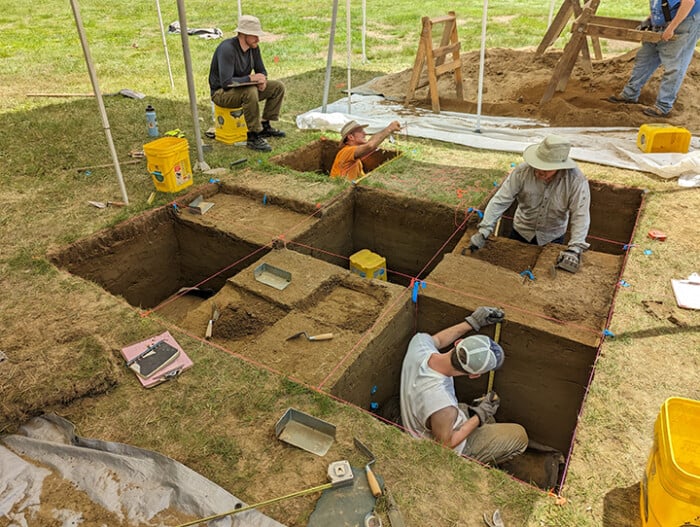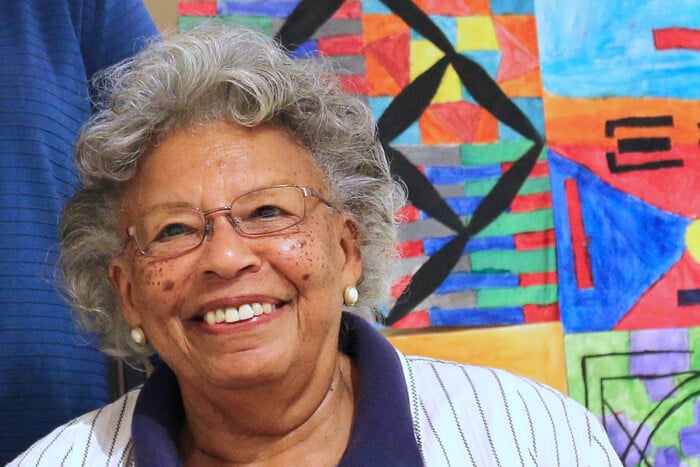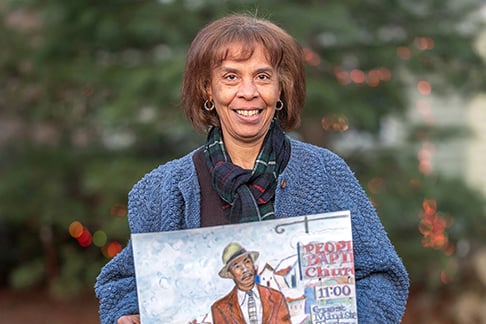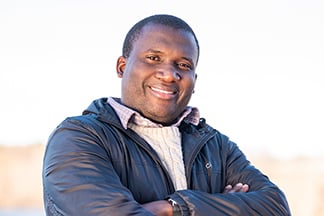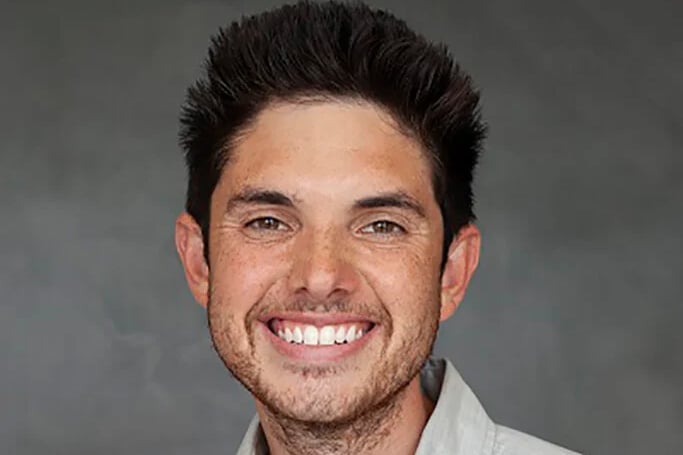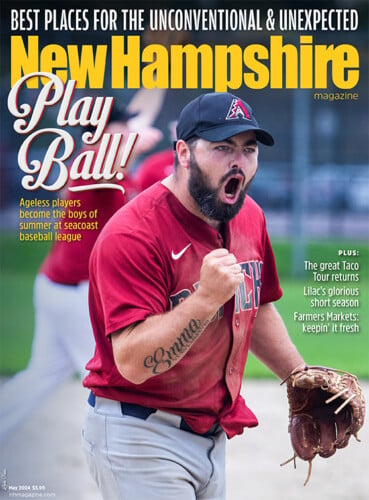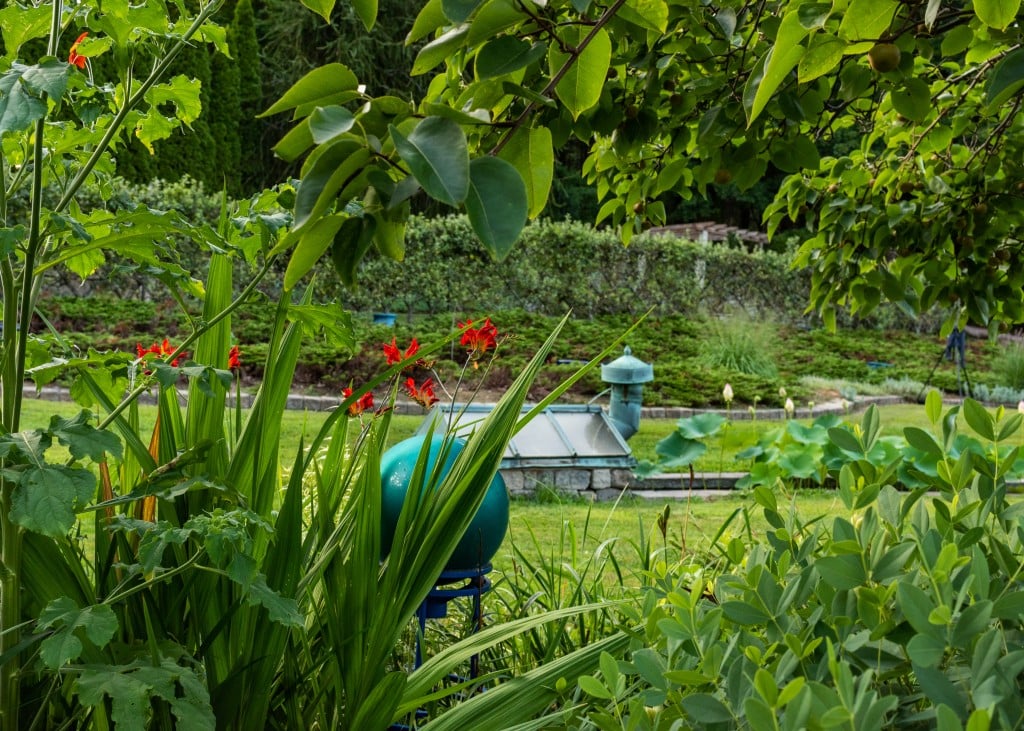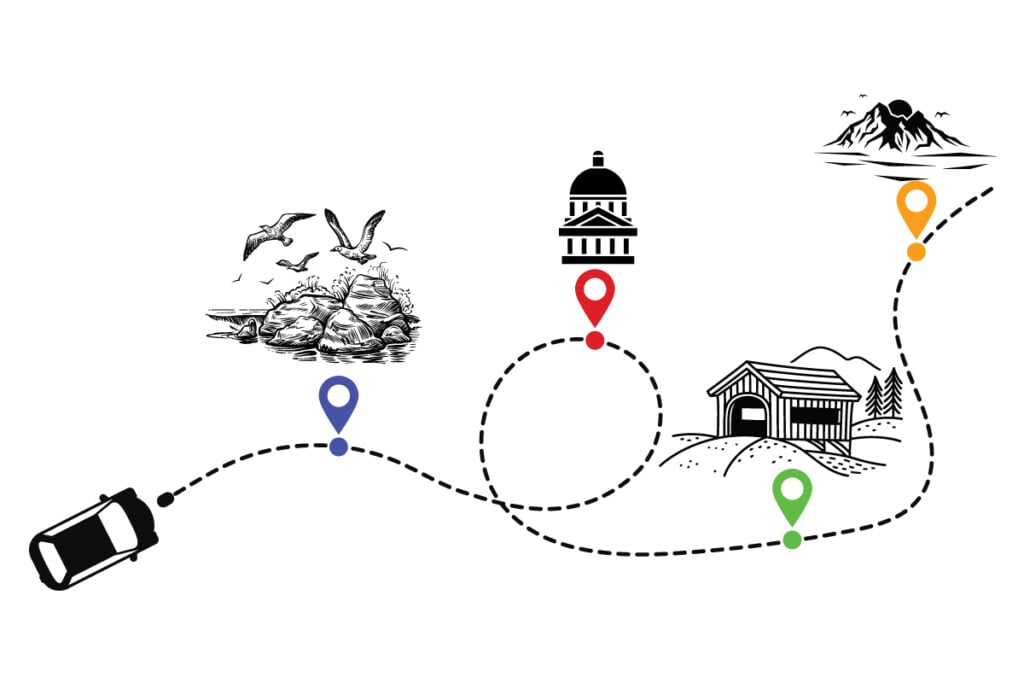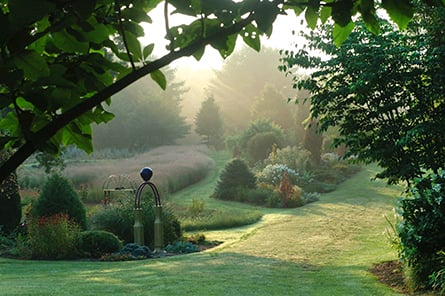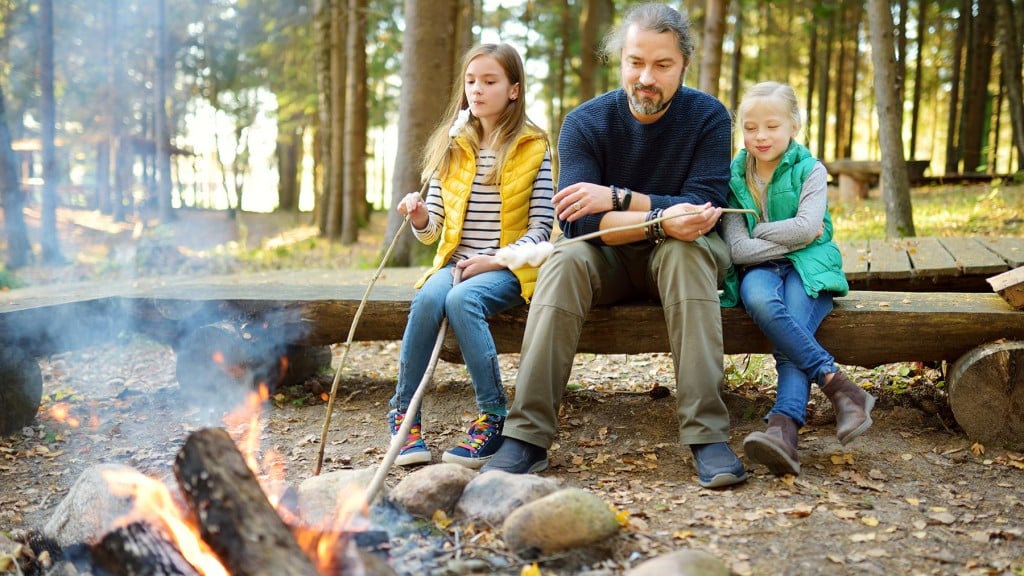Digging into Native American History
State Archaeology Program Field School has students excavate the past

The New Hampshire State Conservation and Rescue Archaeology Program (SCRAP) during excavations at Mollidgewock State Park in Errol under the direction of State Archaeologist Mark Doperalski in June of 2023.
Did you ever wonder what it would be like to be part of an archaeology dig, discovering objects from about 3,000 years ago?
The New Hampshire State Conservation and Rescue Archaeology Program (SCRAP), formed in 1978, is a public education program to train people to do archaeology in a responsible manner and to appreciate its benefits.
NH SCRAP, part of the Division of Historic Resources, is offering two sessions in June and July for participants to engage in excavation on a terrace of the Androscoggin River containing pre-contact Native American deposits focusing on an intact feature and an artifact concentration identified during previous field investigations.
Led by State Archaeologist Mark Doperalski, NH SCRAP team members will continue the work done at the site that uncovered three hearth features, primitive tools and other artifacts at Mollidgewock State Park.
The first hearth feature was discovered in 2020. Charcoal samples were collected, and then radiocarbon dated it at over 3,000 years old. A second hearth was found in 2022 and the third during last year’s excavation.
“The three radiocarbon-dated hearth features are significant, and so is the lithic (or stone tool) workshop,” Doperalski said. “It’s hard for me to pick what’s more important out of those.”
The site is a 46-acre park located at the confluence of the Androscoggin River and the north-flowing Mollidgewock Brook.

The New Hampshire State Conservation and Rescue Archaeology Program (SCRAP) is a public participation program for archaeological research, management and education.
“Native Americans would have considered this site a prime location for an encampment, given its relatively flat, well-drained soil on a major transportation corridor,” Doperalski said.
When asked whether these Native Americans would have been Abenaki or Micmac, Doperalski explained that Indigenous peoples moved around a great deal.
“There is no evidence that the peoples who occupied this encampment were the ancestors of any one tribe who lived in New Hampshire,” he said. “And, of course, these findings are 3,000 years old.”
Only a small number of Native Americans, perhaps 10 or less, would have stayed at this encampment for a short amount of time, Doperalski added.
“Then they would have moved onto another site. They not only made and sharpened tools, but almost certainly cooked or smoked fish and animals over their open hearth.”

Haylee Parr of Andover participated in SCRAP during research at Mollidgewock State Park in Errol under the direction of State Archaeologist Mark Doperalski in June 2023. She’s returning this year with her younger sister.
(Courtesy photo)
One participant during last year’s excavation at Mollidgewock State Park, is Haylee Parr of Andover, New Hampshire. At just 21, Parr went alone to the first session and pitched a tent on the grounds of the dig. She began commuting daily to the site, but found the drive to be too much.
“Most of the group was older, and I was out of my element, but everyone made me feel safe and comfortable,” she said.
“There was no running water or electricity. So, we bathed in the river and took turns at the end of the day using the one power outlet in the camp office, about a half-mile away, to charge our phones.”
Parr is fascinated by archaeology. After graduation this May from Nashua Community College with an associate degree in political science and history, she plans to study archaeology and social anthropology at the University of Edinburgh in Scotland.
After her experience in the field last summer, Parr spent one day a week beginning in October 2023 at the state lab in Concord cleaning and cataloging findings.
“I do have some Micmac heritage, and this made it all the more meaningful for me — that maybe my ancestors left something here,” Parr said. “My grandfather asked me what I found most interesting, and I told him about the hearth that was found to be about 3,200 years old.”
The second oldest of five children, Parr is bringing her 18-year-old sister to both sessions this summer.
The two field sessions for 2024 are each two weeks long (June 17 – June 28 and July 1 – July 12). Fieldwork takes place daily on weekdays from 8 a.m. to 4 p.m. Participants must be 18 and older, but 16- and 17-year-olds can join with a parent or guardian. The group is usually limited to 20 participants.
The site has primitive camping available at the Mollidgewock State Park campground. Participants can make their own reservation by visiting the state park’s facility reservation website at newhampshirestateparks.reserveamerica.com.
For an application for the two sessions, visit mm.nh.gov/files/uploads/dhr/documents/scrap-field-school-flier.pdf.
 For more information, contact, State Archaeologist Mark Doperalski at (603) 271-6433 or email him at mark.w.doperalski@dncr.nh.gov.
For more information, contact, State Archaeologist Mark Doperalski at (603) 271-6433 or email him at mark.w.doperalski@dncr.nh.gov.
Applications to the field school must be received by the NHDHR by May 10, 2024. There is a $50 participation fee to help the program defray costs of supplies and instructional materials. Successful participation at the field school will earn credit toward SCRAP certification for Survey and/or Excavation Technician status.
In addition to the summer field school, volunteers can participate in the state’s archaeology lab in Concord. There, they learn how to wash and catalog artifacts, maintain and organize field equipment, and share stories of adventures from field seasons past. The archaeology lab is generally open to volunteer participation on Wednesdays from 10 a.m. to 4 p.m. from October through May.
Individuals seeking to learn more about volunteer opportunities at the state’s archaeology lab, or wishing to be added to the lab volunteer email list, should contact the state archaeologist by emailing mark.w.doperalski@dncr.nh.gov or calling 603-271-6433.
This article is featured in the spring-summer 2024 issue of 603 Diversity.
603 Diversity’s mission is to educate readers of all backgrounds about the exciting accomplishments and cultural contributions of the state’s diverse communities, as well as the challenges faced and support needed by those communities to continue to grow and thrive in the Granite State.
